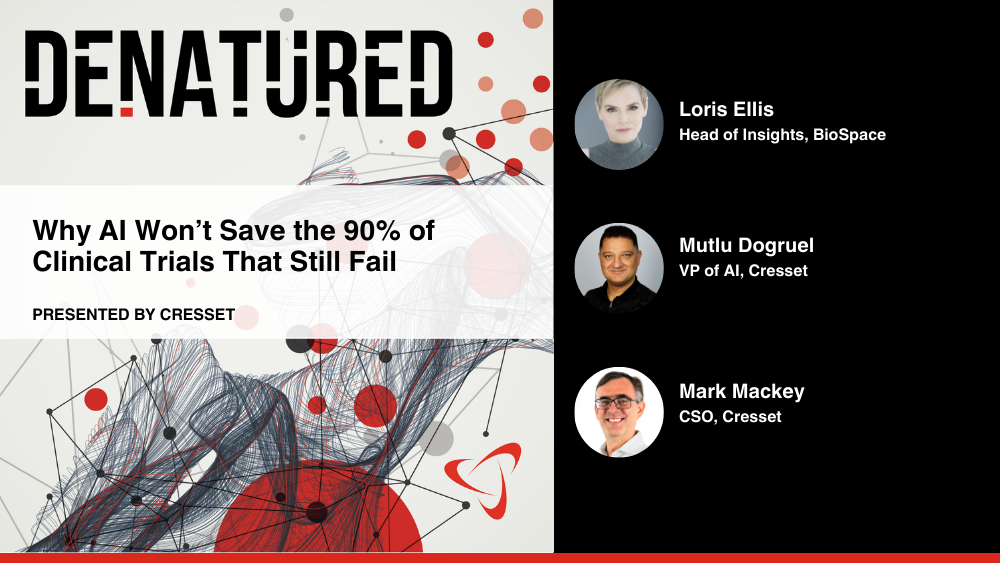Biopharma leaders react to the forced resignation of CBER Head Peter Marks as RFK Jr.’s promised job cuts begin at the FDA; Novo Nordisk presents mixed results from oral semaglutide in cardiovascular disease; the EU’s Committee for Medicinal Products for Human Use declines to recommend Eli Lilly’s Alzheimer’s drug; and pharma R&D returns grew in 2024.
> Listen on Spotify
> Listen on Apple Products
> Listen on Amazon Music
> Listen on iHeart
Biopharma’s reaction to the forced resignation of venerable CBER director Peter Marks has been swift and furious, with former FDA Commissioner Robert Califf saying on LinkedIn that “the FDA as we’ve known it is finished.” Analysts, meanwhile, called Marks’ exit “arguably biotech investors’ greatest fear,” as company shares across the industry tumbled.
Marks’ announcement added insult to injury for the agency, which was already reeling from the announced cuts of 10,000 employees across the Department of Health and Human Services, including 3,500 FDA staffers. Those layoffs began to roll out on Tuesday as some employees showed up to work only to discover they no longer had a job. Amid all this chaos, Cantor Fitzgerald analysts called for Kennedy himself to get the axe, saying in part that he was “undermining the trusted leadership of health care in this country.”
Despite the turmoil, drug development continues in the obesity space, with Novo Nordisk presenting mixed data from its semaglutide franchise at the American College of Cardiology’s annual conference last weekend. While an oral version of the blockbuster drug showed cardiovascular benefits for some patients, it failed to change the trajectory of other major adverse cardiovascular events. Meanwhile, Novo continues its battle against compounding pharmacies manufacturing copycat versions of semaglutide—as multiple players scramble for a piece of this massive pie.
On the Alzheimer’s front, Eli Lilly’s Kisunla failed last week to win the recommendation of the EU’s Committee for Medicinal Products for Human Use. This decision is consistent with CHMP’s recent stance on anti-amyloid antibodies, as Biogen and Eisai have also struggled to get Leqembi approved in Europe.
On a positive note, pharma R&D returns grew again in 2024, but Deloitte warned that this progress is “fragile.” The firm urged companies to be bold and embrace cutting edge technology like gene therapy and AI. These returns can’t help everyone, however, as the past week has seen an uptick in layoffs across biopharma, including at Carisma Therapeutics, Organon and Tenaya Therapeutics.
Finally, as April kicks off cancer conference season, BioSpace took a deep dive into the recent action in the always-hot in radiopharmaceuticals space.









